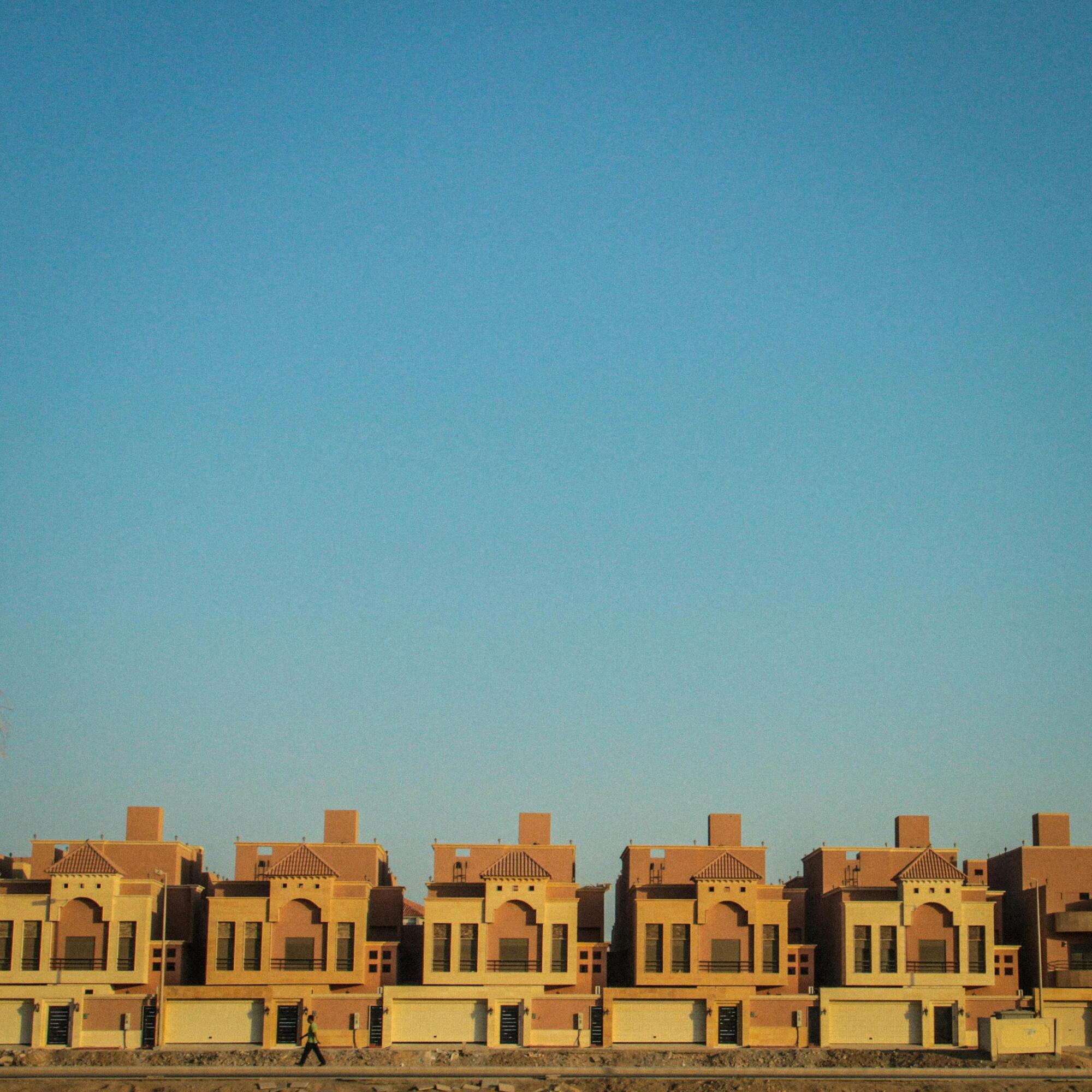Understanding HOA Fees: A Guide for Homeowners
In the United States, there are currently 358,000 neighborhoods managed by a homeowners association (HOA). This amounts to more than 74 million individuals living in an HOA community.
There are many advantages to HOAs. These include community improvements and better retention of property values. Many of these services require funds, which residents provide in the form of HOA fees.
This article breaks down these fees, including some basic information about what they go to support. Keep reading to learn more.
HOA Fee Basics
Purchasing a home in an HOA community means participating in a "common interest development." This means that residents share in the costs associated with the neighborhood or condominium complex, which come in the form of HOA fees.
HOA fees are sometimes referred to as "maintenance fees" or "assessments." Fee levels are set by the HOA board of directors. They also determine how and when the fees are collected, as well as what the funds cover.
What Do HOA Fees Pay For?
HOA fees can go toward almost any expense that the association is responsible for. Here are some standard ones.
Maintenance and Repairs
One of the main things that HOA fees cover is the maintenance of common grounds and buildings. In a neighborhood, this might include landscaping, fencing, or security gate upkeep.
In buildings, this would entail utilities, as well as HVAC, electrical, sewage, and plumbing maintenance. Fees might pay for cleaning services and pest control.
Maintenance responsibilities can extend to HOA amenities. This includes the upkeep of swimming pools, fitness centers, tennis courts, and walking trails.
Community Improvements
HOA fees can go toward projects that improve the community. These are usually one-time endeavors, versus ongoing maintenance.
Planting flowers or trees in common areas is an example. Putting in amenities like a swimming pool or gym is another. If the community wishes to install new fencing or build a pavilion, HOA fees would cover these.
Insurance
As a private entity that owns land and/or buildings, associations need insurance. HOA fees can pay premiums on insurance plans.
Insurance policies protect community structures and common HOA property if they become damaged from weather-related events, like storms or flooding. Some policies might extend to theft and vandalism. Liability insurance protects the community if someone is injured in a common area.
Reserve Funds
Like any business or household, good HOAs will have a "rainy day" fund. Boards can use reserves to pay for any number of things. Examples include deductibles on insurance claims or unforeseen damage to property that insurance does not cover.
In rare instances, associations may have to evict residents who do not abide by community standards or put a lien on a property because an HOA homeowner refuses to pay dues. In these cases, HOA fees can pay for filing or legal fees.
Learn More About HOA Living and Fees
Now that you understand how HOA fees work and what they go to support, you can determine if these communities are right for you. In general, HOAs offer a lot of advantages that ensure neighborhoods are safe and pleasant places to live.
PMI New Orleans is a full-service real estate management company. We offer a variety of services, including HOA management and board member resources.
Reach out to us today to schedule a free consultation.


